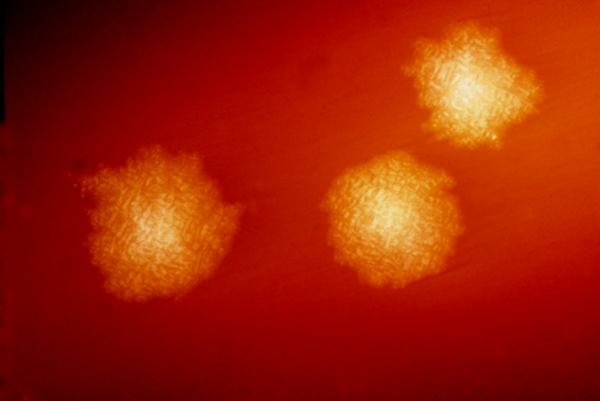

Jersey saw a spike in cases of a ‘superbug’ that causes diarrhoea, dehydration and sometimes even death, due to a global shortage of an antibiotic in 2017.
15 cases of Clostridium Difficile – often referred to as C. Difficile or C. Diff – were recorded in the island’s Health institutions last year. It was the highest number of cases to hit the island’s hospitals in five years, up from 11 in 2016, just six in 2014 and 2015, and 10 in 2013.
The infection, which causes serious bowel problems, including painful stomach cramps, sickness, fever of above 38 degrees and weight loss, is known as a ‘superbug’ – one that cannot be treated with conventional antibiotics.
In 2006, the bug caused the death of 49 people across Leicester hospitals after an outbreak.
The figures, which came as part of a response to an Express Freedom of Information (FOI) request, showed that seven additional cases were detected within the wider island community. Those cases brought the total number to 22, largely in line with the UK, which saw 24 cases per 100,000 population last year.

Pictured: A consultant said that the hospital was undergoing heightened cleaning and 'fogging' in contaminated areas.
C. Diff is carried without symptoms in around 5% of the population. Hospital infections tend to be the result of carriers who have undergone treatment for an illness with antibiotics – that medication then alters organisms within the gut, causing C. Diff bacteria to multiply and cause infection. No vaccination is currently available.
Dr Ivan Muskat, Consultant in Communicable Disease Control, told Express that the recent rise in C. Diff cases was due to a global shortage of antibiotic piperacillin-tazobactam, which is normally used to treat the infection.
“…We had to use different antibiotics. These had a greater potential to cause C.diff. This effect has also been reported from other hospitals. The availability of piperacillin-tazobactan is now closer to normal and is again being used in the way we have used this in the past,” he said.
He added that the hospital had tightened its procedures to minimise spread:
“[C. Diff] can be prevented by minimising the misuse of antibiotics and prevention of cross infection. General hygiene including hand hygiene and PPE and standard cleaning is routine. Heightened cleaning and vaporisation of hydrogen peroxide (fogging) is used in contaminated areas.
“We have now also introduced ultraviolet C to increase routine decontamination. By early March, we will routinely use a probiotic in those over 60 years of age if they are prescribed an antibiotic – this will reduce the risk of C. Difficile.”
The statistics obtained showed zero cases of superbug MRSA in Jersey Health institutions in 2017 or the previous year, and no cases in the past five years of VRE (Vancomyscin-resistant enterococci), which can cause infections of the urinary tract, bloodstream or wounds.
Lead image: C. Diff colonies on a blood agar plate. (Centers for Disease Control and Prevention)
Comments
Comments on this story express the views of the commentator only, not Bailiwick Publishing. We are unable to guarantee the accuracy of any of those comments.